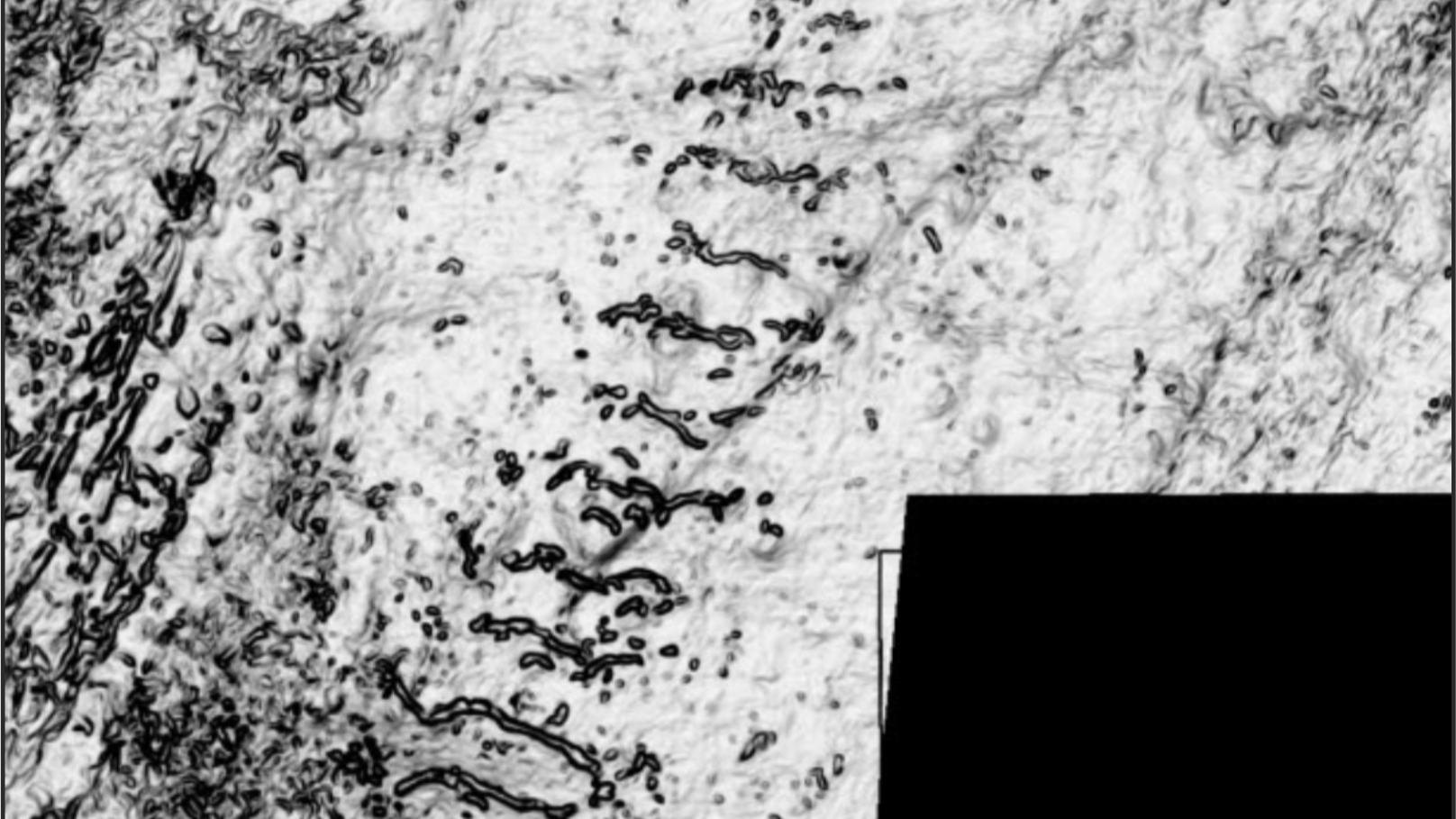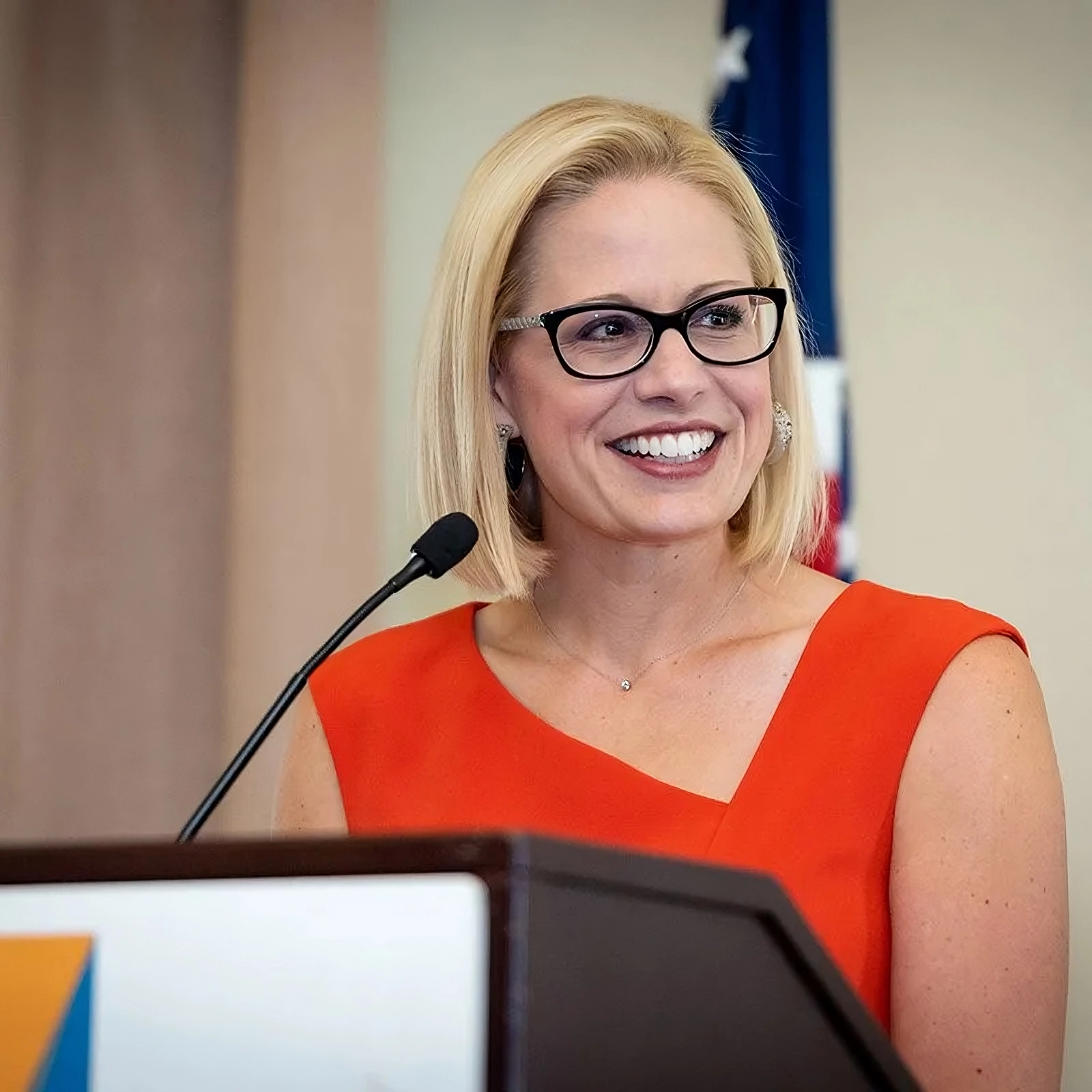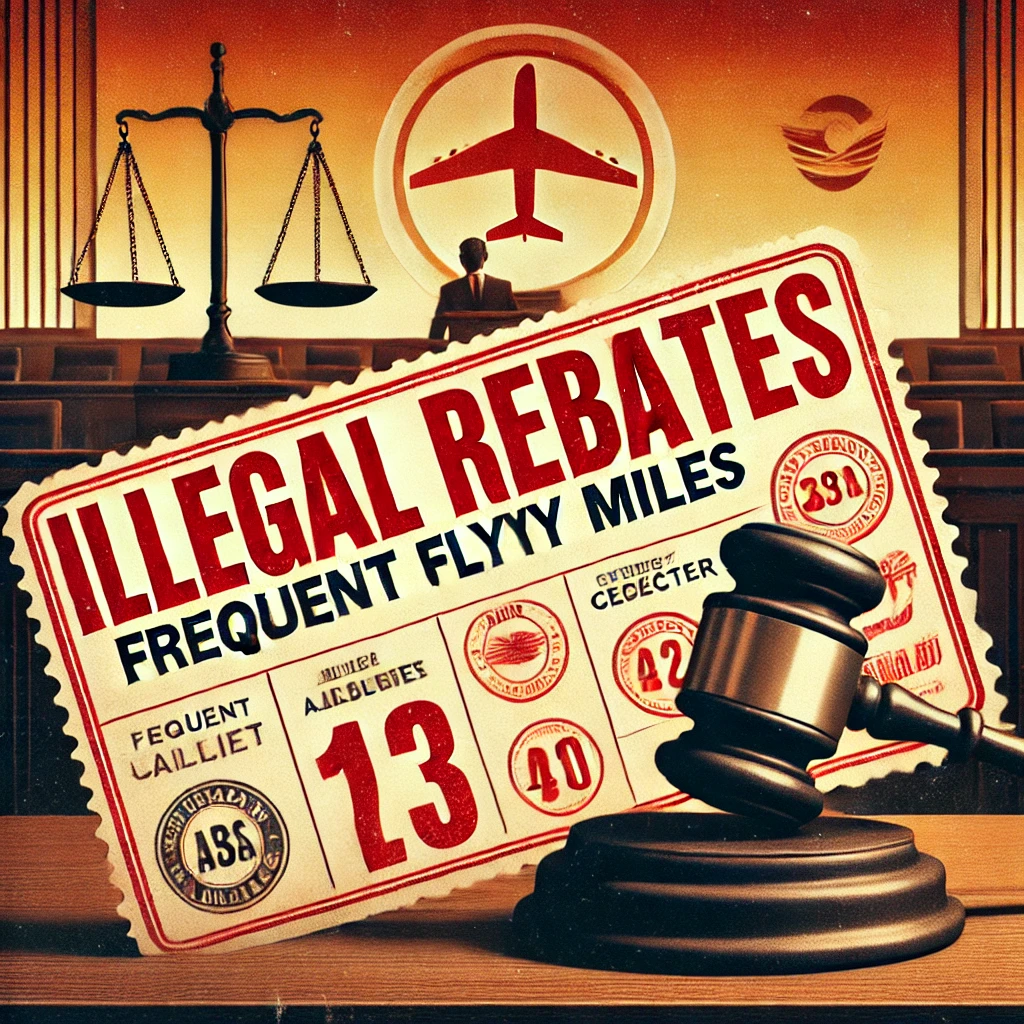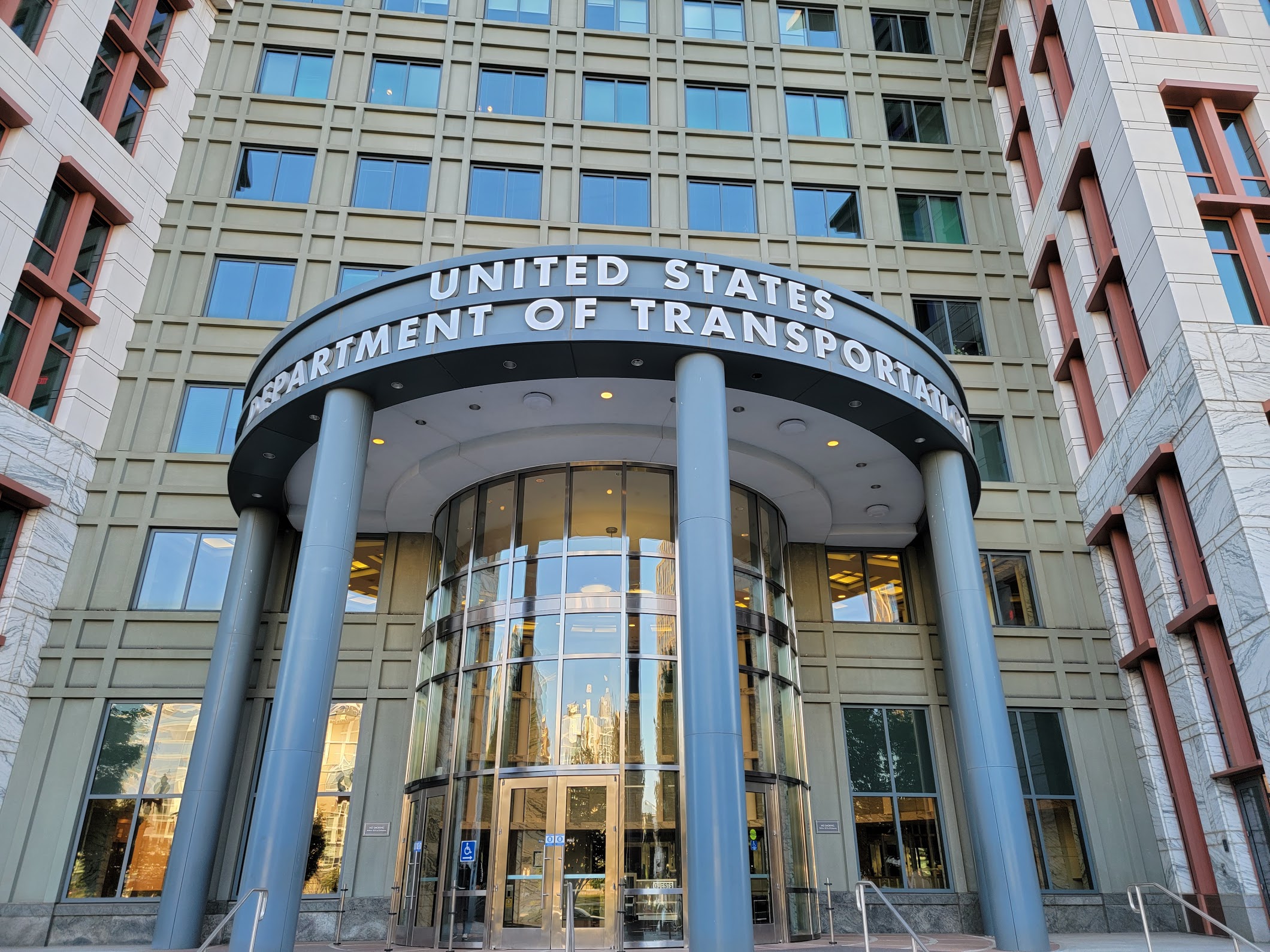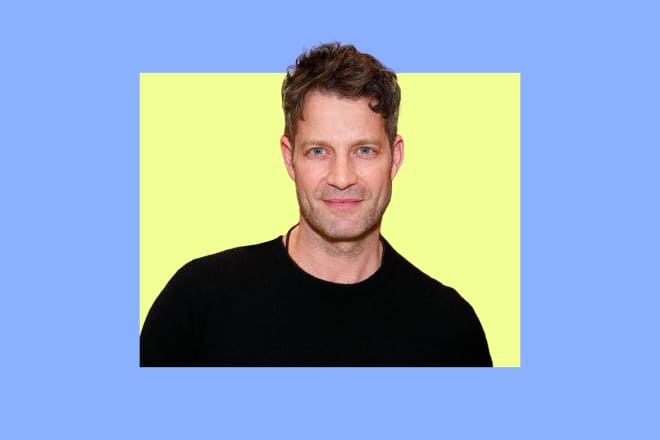New FCC chair investigating PBS and NPR, setting stage for defunding debate
PBS and NPR deny violating federal regulations for underwriting.
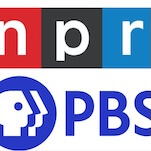
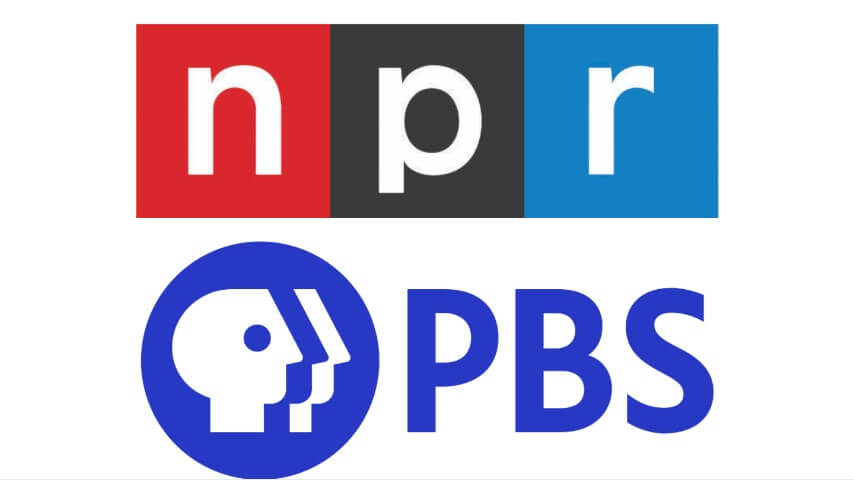
Funny how the levers of power suddenly seem to move so fast when it comes to dismantling long-standing institutions. The first ten days of President Donald Trump's second term in office has been marked by him undoing a lot of shit. Now his newly appointed F.C.C. chair, Brendan Carr, has opened an investigation into NPR and PBS over what he calls potential violation of federal law—an action seemingly motivated by the political intention to undermine some more institutions.
"I am concerned that NPR and PBS broadcasts could be violating federal law by airing commercials," Carr wrote on Wednesday in a letter to NPR chief executive Katherine Maher and PBS chief executive Paula A. Kerger (via NPR). "In particular, it is possible that NPR and PBS member stations are broadcasting underwriting announcements that cross the line into prohibited commercial advertisements."
In his letter, Carr expressed that he does not feel Congress should continue allocating funds to these organizations "given the changes in the media marketplace." (The Heritage Foundation's Project 2025, believed to be a blueprint for Trump's second term, calls for the elimination of all federal funding to public broadcasting.) He wrote that "Congress is actively considering whether to stop requiring taxpayers to subsidize NPR and PBS programming," adding, "To the extent that these taxpayer dollars are being used to support a for profit endeavor or an entity that is airing commercial advertisements, then that would further undermine any case for continuing to fund NPR and PBS with taxpayer dollars."
"PBS is proud of the noncommercial educational programming we provide to all Americans through our member stations," Kerger said in a statement (via NPR). "We work diligently to comply with the FCC's underwriting regulations and welcome the opportunity to demonstrate that to the Commission."
Similarly, Maher said in her own statement, "NPR programming and underwriting messaging complies with federal regulations, including the FCC guidelines on underwriting messages for noncommercial educational broadcasters, and Member stations are expected to be in compliance as well. We are confident any review of our programming and underwriting practices will confirm NPR's adherence to these rules. We have worked for decades with the FCC in support of noncommercial educational broadcasters who provide essential information, educational programming, and emergency alerts to local communities across the United States."
NPR reports that it receives about 1 percent of its funding directly from the federal government each year, while PBS receives 16 percent. Much of their funding comes from the sponsorship of supporters; public broadcasters are allowed to air corporate underwriting spots, which acknowledge sponsors without endorsing products or services. FCC Commissioner Geoffrey Starks, a Democratic appointee, said in a statement, "Public television and radio stations play a significant role in our media ecosystem. Any attempt to intimidate these local media outlets is a threat to the free flow of information and the marketplace of ideas."
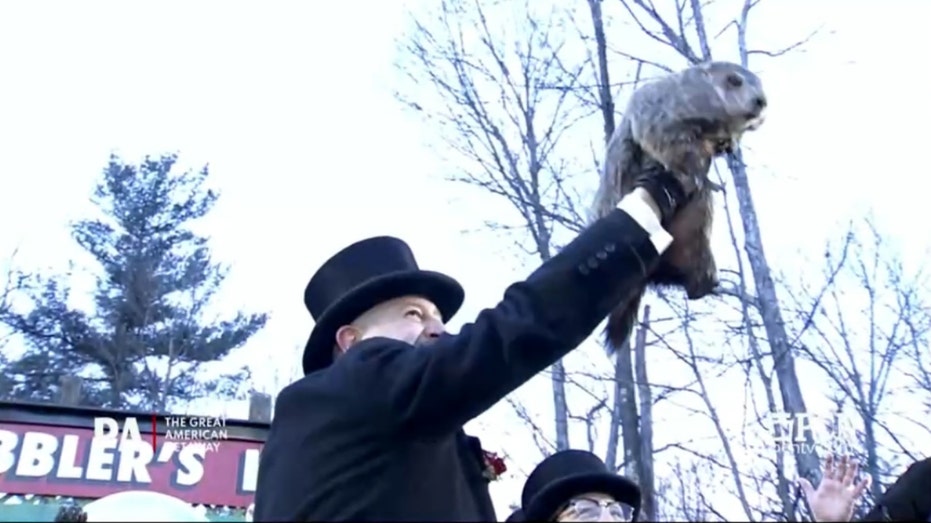
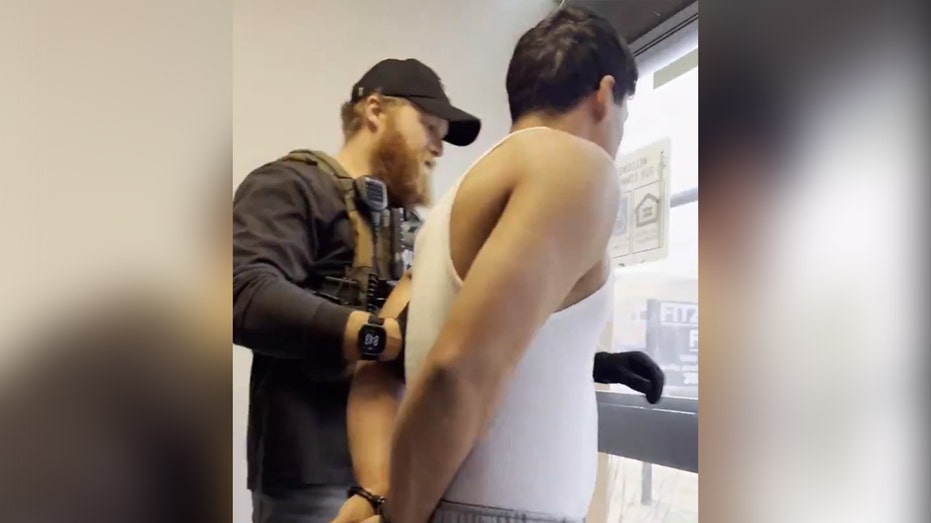


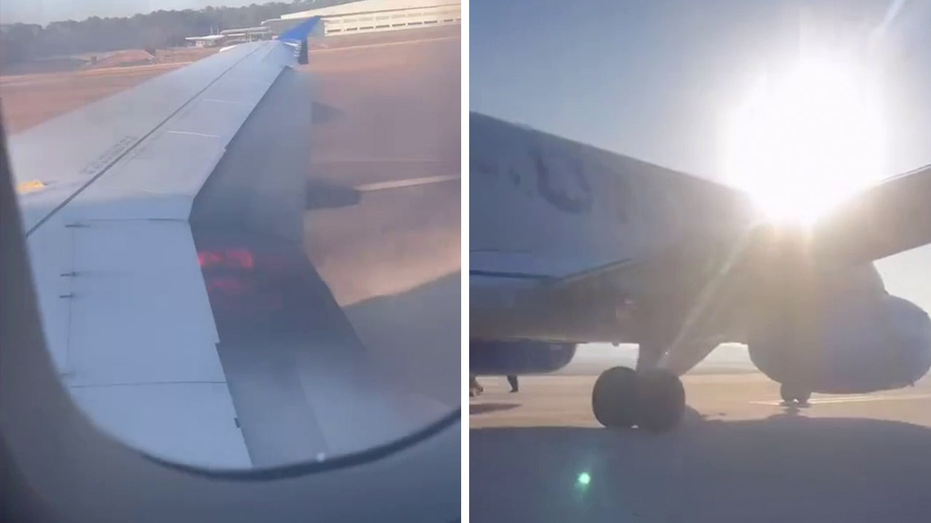




![[DEALS] iScanner App: Lifetime Subscription (79% off) & Other Deals Up To 98% Off – Offers End Soon!](https://www.javacodegeeks.com/wp-content/uploads/2012/12/jcg-logo.jpg)

























